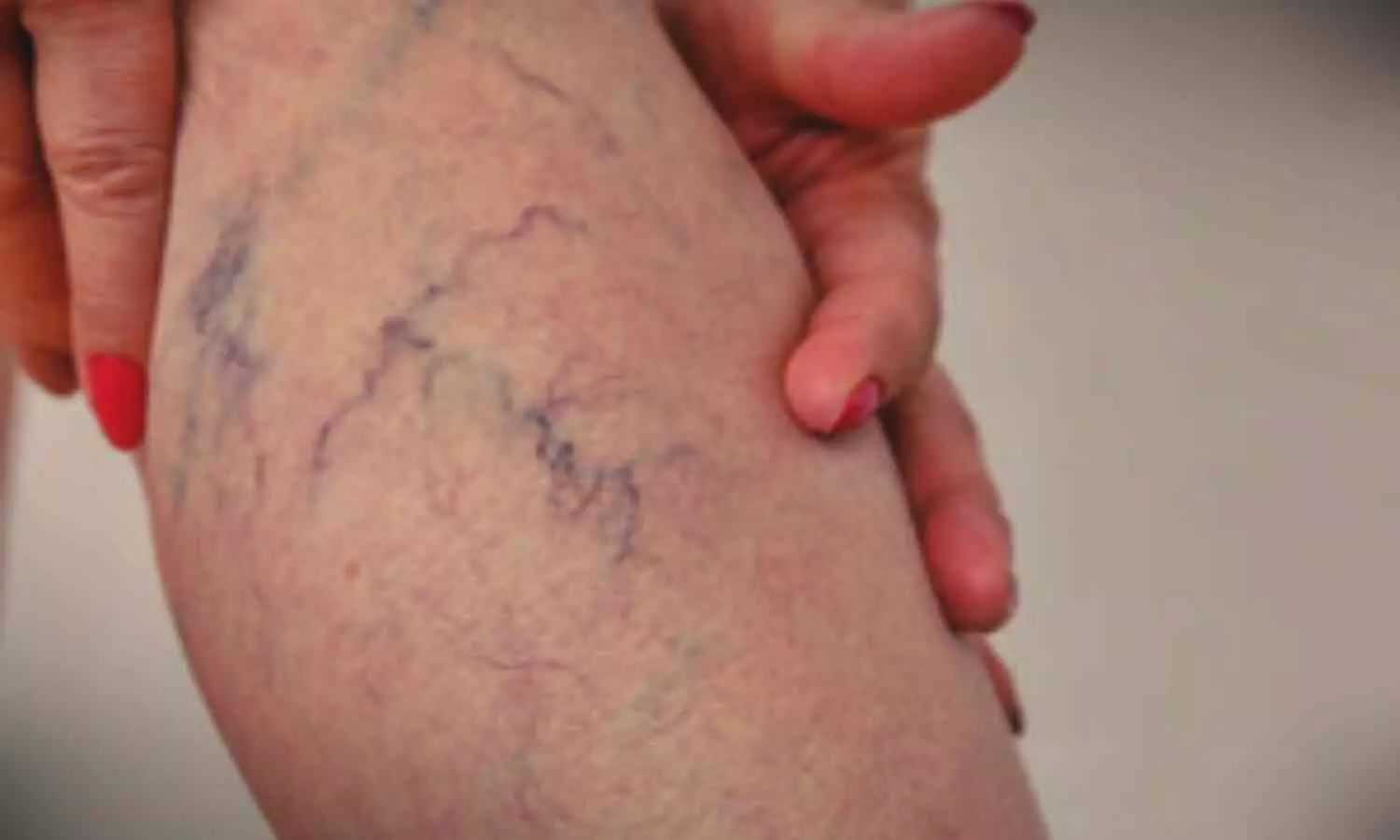Experts Report: Varicose Veins Affect 25% of Indian Population

Hyderabad: Approximately 25% of India’s population is affected by varicose veins, a condition often overlooked and underdiagnosed, according to leading national and international medical experts. They emphasize that recent breakthroughs in non-surgical treatment methods are reshaping vascular care, making it accessible even in remote areas.
Over 100 medical professionals from across India attended the Indian Vein Congress (IVC) 2024, which was hosted by Avis Hospitals, with virtual participation from experts in Brazil. The congress was led by Dr. Rajah V. Koppala, the founder of Avis Hospitals and a respected vascular interventional specialist.
The event highlighted best practices in non-surgical treatments such as laser procedures and other innovative approaches. Dr. Koppala noted that Avis Hospitals has treated more than 40,000 patients with non-surgical methods over the last eight years, showcasing how advancements in the field have enhanced patient care. He underscored the importance of continuous education to keep practitioners updated on emerging techniques and improve patient outcomes.
International experts, including Dr. Rodrigo Gomes de Oliveira and Dr. Fernando Tres Silveira, shared insights into global trends and challenges in vascular and interventional radiology. Discussions focused on the effectiveness of non-surgical treatments and the circumstances under which surgical intervention may still be required. The congress facilitated a collaborative exchange between Indian and international specialists, enhancing knowledge on complex case management and treatment options.
Attendees gained practical knowledge about various non-surgical methods, with senior specialists detailing which approaches are most effective for specific conditions. The IVC emphasized the need for ongoing professional development and the adoption of new techniques to advance the treatment of varicose veins in India, a condition that often goes undiagnosed.
Dr. Koppala highlighted that the participation of leading vascular experts and the sharing of insights at the event would have a far-reaching impact on practitioners nationwide. “This congress is about more than just information exchange; it is about shaping the future of medical practice in India. As non-surgical treatments gain global traction, it is crucial for our healthcare professionals to integrate these methods into their practice,” he stated.
Dr. Roy Varghese, a vascular surgeon, pointed out that chronic venous disease affects between 20-35% of the adult Indian population. He emphasized that advancements in endovascular procedures have made treatment simpler and more patient-friendly, offering pain-free, day-care solutions.
The event also featured leading medical technology companies, including Medtronic, which presented state-of-the-art equipment for modern vascular procedures, underscoring their role in promoting non-invasive treatment methods. The presence of such technology highlighted the importance of collaboration between medical expertise and technological innovation to improve patient outcomes and streamline care.
The IVC 2024 marked a significant step forward in fostering continuous learning, adopting new techniques, and improving varicose vein treatment strategies across India.


